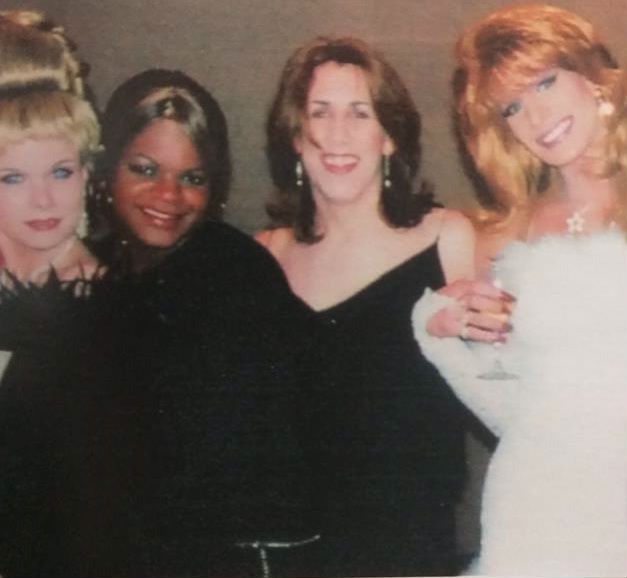A Changing Season is a psychological thriller of memory, estrangement, and the invisible threads that bind us.
Jay has lived with a silence between him and his father for ten years—a rift caused by a lie he never fully understood. When his father’s journals arrive unexpectedly, delivered by a cryptic stranger, Jay is compelled to use them to retrace his father’s steps and confront him. It leads him first to Buenos Aires, where a chance purchase of a random book opens a new mystery. The pages seem to reflect Jay’s story—and his father’s—echoing events that feel too personal to be fiction.
Obsessed with finding the elusive author, Jay follows a clue to Hollywood, where he stumbles into a dark world he never intended to or expected: the shadowed corridors of power, secrecy, and manipulation. The dangerous and strange underbelly of SMB&D forces him to navigate perilous detours.
What he discovers there doesn’t resolve the mystery—it deepens it, pointing him toward San Francisco, where he meets Sienna, who joins him on his quest. Together, they chase fragments of a hidden history that Jay can’t reconcile until they stumble upon the final piece unfolding in a quiet Nebraska neighborhood. Jay finally stands face to face with the truth—not just about his father, but about the nature of love, memory, and forgiveness.
A Changing Season is more than a mystery. It’s a poignant exploration of how the past reverberates through the present, and how sometimes the answers we seek are waiting not in the chaos, but in the quiet.
Chapter One – You Can’t Go Home Again
The car turned the corner onto the highway, sunlight gleaming off the windshield as Maria spotted him. Ray sat at the bus stop just as he had every morning for years, waiting for the commuter bus to New York. The sight hit her like a time-warp—had it been so long?
A bus rumbled in the distance. She pressed the gas, urging her little red Honda closer, urgency rising in her chest to reach him before he boarded.
He noticed her immediately as she pulled up. She rolled down the window.
“Ray,” she called, her voice thick with emotions she hadn’t processed. “It was a shock to see you after all these years. Please, come back to the house. Let’s talk.”
Ray knew by her presence alone—she had looked inside the envelope he had just left at the house. And, by his absence, Jay… his son must have seen it, too.
Stubborn kid, Ray mused, just like I was.
He moved toward the bus as it hissed to a halt. Then, just for a moment, he stopped, turning back to look at her—one final glance, as though capturing her image before leaving it forever.
“I can’t do that, Maria,” he said. “That time has passed.”
The bus doors opened. Ray hesitated, then stepped inside.
Maria stood there bewildered. The bus pulled off when, unexpectedly, there was a sudden, repetitive sound, like the clang of a bell tower clock amplified. It seemed out of place. A flash of light was the last thing she remembered before she was knocked to the ground by the explosion; the bus debris shredding her body.
Everything was suddenly quiet. What remained of the bus lay on its side like a dead animal. Torn fragments of metal littered the highway as though lions had ripped at them for hours, now dead and motionless, waiting for the Vultures to come and remove what little remained. But there were no Vultures; there was only a graveyard of scrap metal and burnt flesh that eliminated any traces of the surrounding strong smell of Evergreen in the air.
The street was empty: oddly, no onlookers, no cars, no movement of any kind; just a strange heaviness in the air. Then she appeared, faintly, in the distance, a lone woman standing, watching.
The echoes of the clanging bell remained constant and with purpose until it pierced deep into Ray’s sleep. Everything was suddenly quiet.
Then—
Breathing. Heavy, ragged.
Jay blinked. The bedroom came into focus. He sat up, still feeling panicked. His sheets tangled around him, the humid air clinging to his skin. His heart thundered in his chest.
From the hallway, his mother’s voice rushed past.
“Jay, honey, please answer the door,” she urged, scrambling to get ready to leave for work. He collapsed back, his head hitting the pillow.
“Jay, please. I’ll be late for work,” his mother continued, slightly impatient in her voice.
His mother had long referred to Raymond Mercer Jr. as Jay, short for JR. His stomach twisted as the last fragments of the dream faded, but unease lingered. His father—was it just a dream? A warning? A goodbye?
He didn’t know.
Jay swung his legs over the side of the bed and headed for the door, passing the kitchen, where his mother was pouring coffee. She shot him an exasperated look.
“Really? You’re going to answer the door in your underwear?”
Jay smirked. “Oh, Martha. Seriously, propriety is overrated.”
A courier waited at the door. As his mother rushed past him and out the door, he signed for the package addressed to him. The sender was Mary A. Ford, Esq. He then tossed it onto the coffee table without a second thought.
For now, it could wait. He crawled back under the covers, willing sleep to return—but knowing, somehow, that nothing would ever be the same again.
